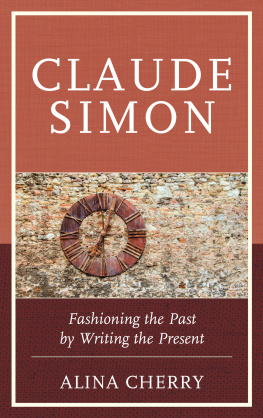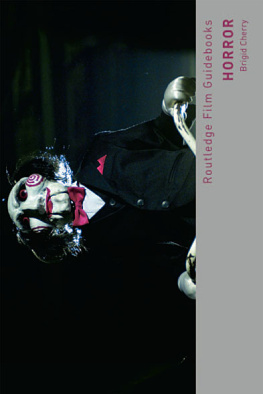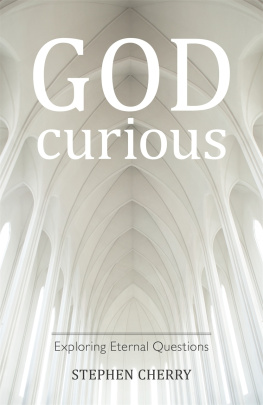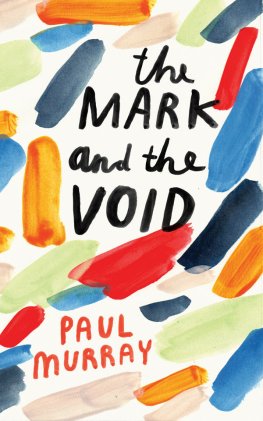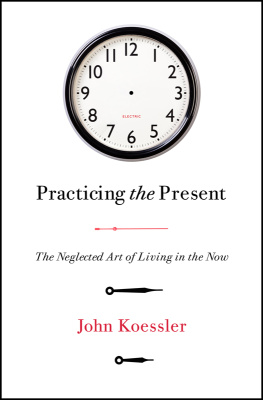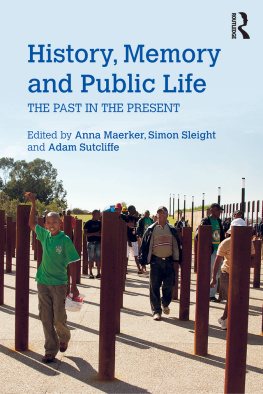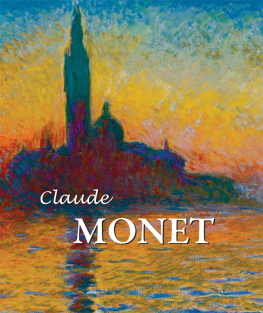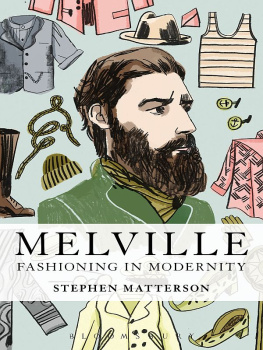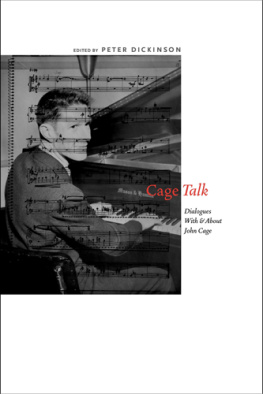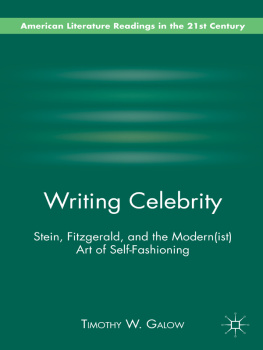Cherry - Claude simon - fashioning the past by writing the present
Here you can read online Cherry - Claude simon - fashioning the past by writing the present full text of the book (entire story) in english for free. Download pdf and epub, get meaning, cover and reviews about this ebook. year: 2016;2012, publisher: Fairleigh Dickinson University Press, genre: Romance novel. Description of the work, (preface) as well as reviews are available. Best literature library LitArk.com created for fans of good reading and offers a wide selection of genres:
Romance novel
Science fiction
Adventure
Detective
Science
History
Home and family
Prose
Art
Politics
Computer
Non-fiction
Religion
Business
Children
Humor
Choose a favorite category and find really read worthwhile books. Enjoy immersion in the world of imagination, feel the emotions of the characters or learn something new for yourself, make an fascinating discovery.
- Book:Claude simon - fashioning the past by writing the present
- Author:
- Publisher:Fairleigh Dickinson University Press
- Genre:
- Year:2016;2012
- Rating:4 / 5
- Favourites:Add to favourites
- Your mark:
- 80
- 1
- 2
- 3
- 4
- 5
Claude simon - fashioning the past by writing the present: summary, description and annotation
We offer to read an annotation, description, summary or preface (depends on what the author of the book "Claude simon - fashioning the past by writing the present" wrote himself). If you haven't found the necessary information about the book — write in the comments, we will try to find it.
Claude simon - fashioning the past by writing the present — read online for free the complete book (whole text) full work
Below is the text of the book, divided by pages. System saving the place of the last page read, allows you to conveniently read the book "Claude simon - fashioning the past by writing the present" online for free, without having to search again every time where you left off. Put a bookmark, and you can go to the page where you finished reading at any time.
Font size:
Interval:
Bookmark:
Claude Simon
Claude Simon
Fashioning the Past by Writing
the Present
Alina Cherry

FAIRLEIGH DICKINSON UNIVERSITY PRESS
Madison Teaneck
Published by Fairleigh Dickinson University Press
Copublished by The Rowman & Littlefield Publishing Group, Inc.
4501 Forbes Boulevard, Suite 200, Lanham, Maryland 20706
www.rowman.com
Unit A, Whitacre Mews, 26-34 Stannary Street, London SE11 4AB
Copyright 2016 by Alina Cherry
All rights reserved. No part of this book may be reproduced in any form or by any electronic or mechanical means, including information storage and retrieval systems, without written permission from the publisher, except by a reviewer who may quote passages in a review.
British Library Cataloguing in Publication Information Available
Library of Congress Cataloging-in-Publication Data Available
ISBN: 978-1-61147-896-9 (cloth : alk. paper)
ISBN: 978-1-61147-897-6 (electronic)
 TM The paper used in this publication meets the minimum requirements of American National Standard for Information Sciences Permanence of Paper for Printed Library Materials, ANSI/NISO Z39.48-1992.
TM The paper used in this publication meets the minimum requirements of American National Standard for Information Sciences Permanence of Paper for Printed Library Materials, ANSI/NISO Z39.48-1992.
Printed in the United States of America
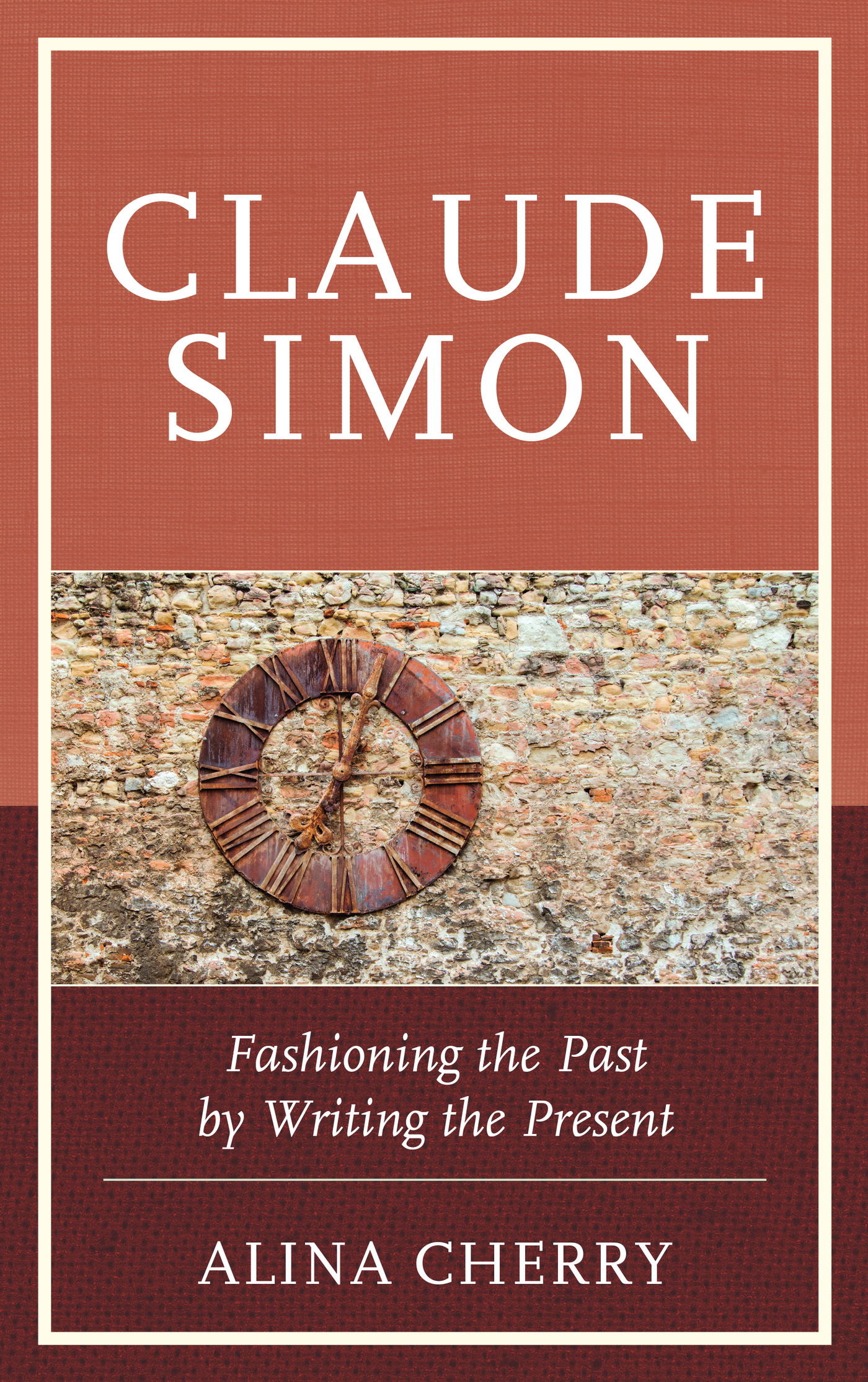
La Corde raide | CR |
The Wind | W |
The Grass | Gr |
The Flanders Road | FR |
Histoire | H |
The Battle of Pharsalus | BP |
The World About Us | WU |
The Georgics | G |
The Acacia | A |
The Jardin des Plantes | JP |
I owe a debt of gratitude to many people and institutions whose support and contributions have not only enriched but also made this book possible. At New York University, where the initial ideas of this project were planted, I wish to thank Eugne Nicole and Tom Bishop for their indispensable guidance and thought-provoking reflections. Many colleagues at Wayne State University have provided invaluable feedback, stimulating conversation, and quotidian encouragement. I thank Anne Duggan for her comments during the early stages of the manuscript and her unwavering support; Victor Figueroa for extensive feedback on the manuscript, helpful advice, and enlightening dialogue; Michael Giordano for his reading of a crucial chapter and ongoing fruitful philosophical debates; Elena Past for key responses to the manuscript and lively intellectual exchanges; Charles Stivale, who in addition to being an attentive and supportive reader, has been an insightful mentor. I would like to acknowledge the generous support of Wayne State Universitys Humanities Center and university research grant, which funded part of my research. I benefited immensely from my two-semester residency at the Humanities Center, and I thank Walter Edwards for his continuous support. I am deeply indebted to the anonymous reader of the manuscript, whose comments and suggestions have been especially valuable. At Fairleigh Dickinson University Press, thanks go to Harry Keyishian for his interest in the project and editorial guidance. At Rowman & Littlefield, Brooke Bures gracefully and promptly handled all my questions. My heartfelt gratitude goes to my family, Vali and Duane, for their love, generosity, and infinite patience. This book is dedicated to them.
I am profoundly grateful to Richard Howard, translator of The Grass, The Flanders Road, Histoire, and The Acacia, for granting me permission to quote from his translations of these novels; to John Fletcher for allowing me to use his translation of The Georgics; and to the University of Minnesota Press for its permission to use previously published material from A Thousand Plateaus.
In his 1985 Nobel speech, as well as on other numerous occasions, at different stages of his life, Claude Simon firmly maintained that he never wrote about the past but rather attempted to capture only what was happening during the writing process, that is, in the present of writing, as he put it. Writing is never a descent into the past, but an exploration of its own present, countered Simon in a 1983 interview, when his interviewer, Anthony Cheal Pugh, inquiredin direct relationship with the autobiographical dimension of Simons fictionabout the implicit necessity of going back over your own past in the act of writing. Simons seemingly unambiguous claims thus raise significant issues and also point to tensions that enjoin the writer to devise ingenious narrative and discursive strategies to create and preserve a sense of immediacy in contexts that pull the reader decades, and sometimes centuries, back into the past. Hence, the present study originates in a desire to elucidate the captivating narrative and temporal aporias that emerge in Claude Simons novels from the problematic representation of the past through an aesthetic rooted in an exclusive valorization of the present. In turn, the investigation of these contradictions leads to a broader questioning of Simons preoccupation with the present of writing, its underlying motives as well as its direct and indirect consequences on the narrative. The way in which I propose to read this paradoxby pursuing intersections between its formal manifestations in Simons fiction and its impact on his representation of the pastmediates the gap often created by two main, divergent strands of Simon criticism that have pitted perspectives centered on representation against those motivated by formalist (anti-representational) concerns. This approach was encouraged, if not required, by Simons complex pursuit of an enduring obsession with the functioning of language and technical innovation through, precisely, explorations of the past, genealogy, and history.
Unpacking this particular present opens the door to a deluge of questions, one more compelling than the other, as the reflection it engenders leads us from one area of inquiry to the next and discloses this notion as a true umbrella concept. If we are to interpret the present of writing in the way many critics, along with Simon himself, do, namely as the act of writing per se unfolding in the present of the writer, this avenue of investigation is not without obstacles and complications. It poses, in fact, more questions than it solves. For instance, does Simons explicit reference to the present confine the act of writing to this temporal dimension? If so, what is the extent of this present, since the very act of writing implies duration and is therefore not entirely identical with the objective, punctual present measured by the clock? How does Simons predilection for this concept influence his writerly aesthetic? Through what narrative techniques, strategies, and devices is this aesthetic expressed, and what are its effects on the reader? How does it interact with literary trends and intellectual attitudes that have been shaping the sociocultural, political dimensions of contemporary life? In other words, what type of resonance does this aesthetic concern have in other spheres of life and thought? These are some of the questions that will inevitably chart the course of our analytic journey.
Next pageFont size:
Interval:
Bookmark:
Similar books «Claude simon - fashioning the past by writing the present»
Look at similar books to Claude simon - fashioning the past by writing the present. We have selected literature similar in name and meaning in the hope of providing readers with more options to find new, interesting, not yet read works.
Discussion, reviews of the book Claude simon - fashioning the past by writing the present and just readers' own opinions. Leave your comments, write what you think about the work, its meaning or the main characters. Specify what exactly you liked and what you didn't like, and why you think so.

